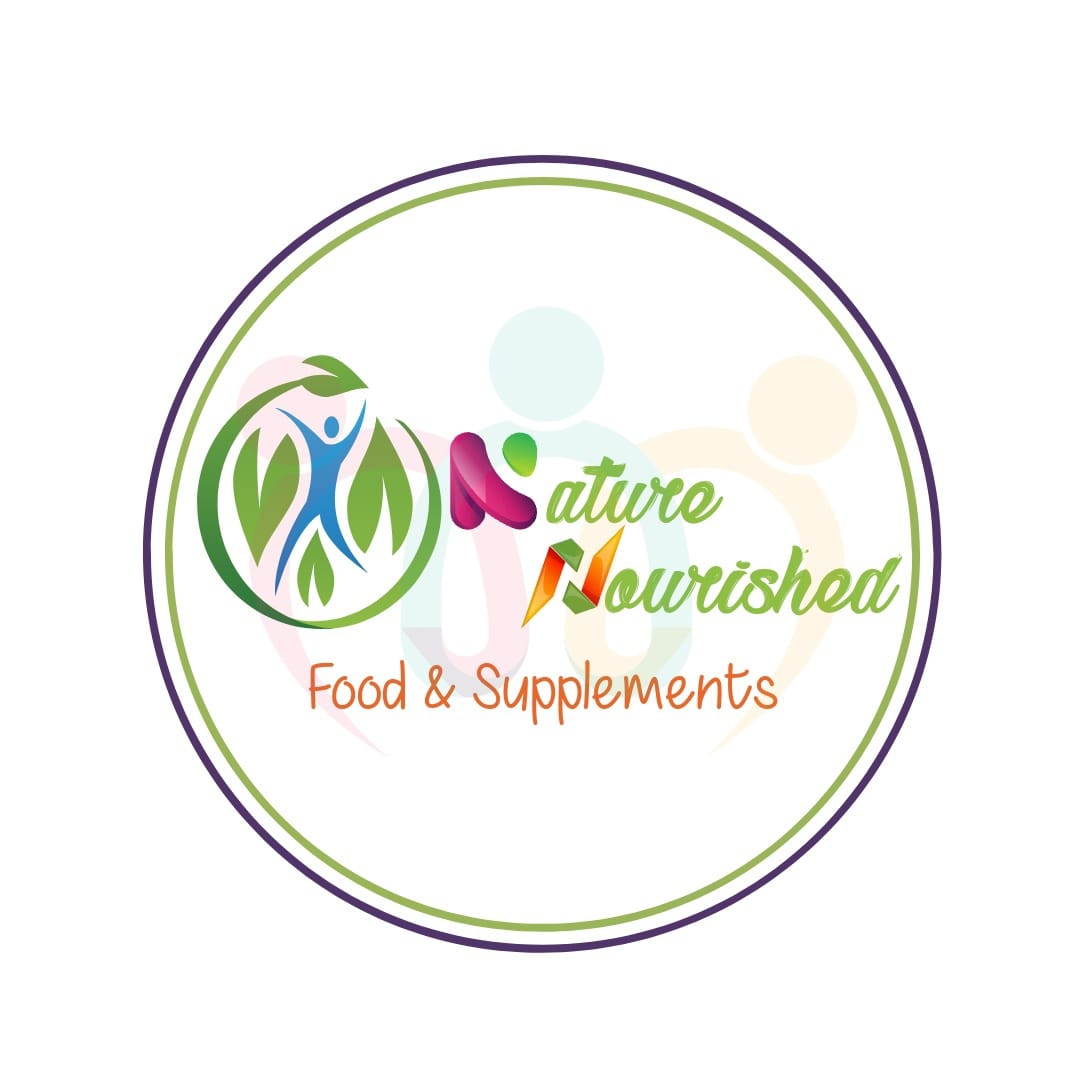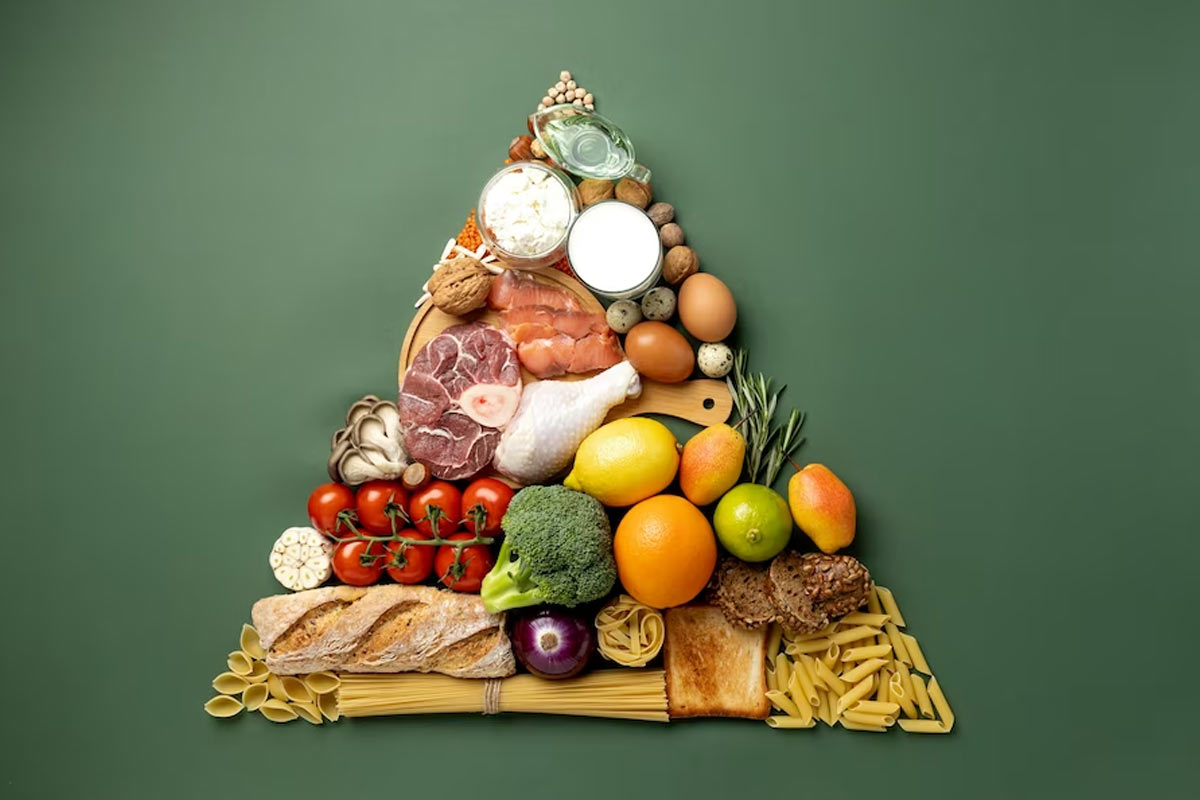When it comes to achieving healthy and radiant skin, many factors include skincare routines, lifestyle habits, and nutrition. Protein, often recognized for its role in muscle growth and repair, also significantly maintains skin health.
This detailed blog delves into the connection between protein and skin health. We explore how protein supports skin structure and function, highlight the benefits of protein for skin health, and provide insights into the best dietary protein sources for a glowing and healthy complexion.
Understanding Skin Health
The Importance of Skin Health
Our skin is the body’s largest organ, serving as a protective barrier against external elements and regulating body temperature. Healthy skin contributes to our physical appearance and plays a vital role in our overall well-being.
The Role of Protein in Skin Health
Structural Support
Protein, specifically collagen and elastin, provides structural support for the skin. Collagen, the most abundant protein in the body, forms a framework that gives the skin its strength and elasticity. Elastin allows the skin to stretch and bounce back. Adequate protein intake is necessary to support the production of these proteins, ensuring skin integrity and firmness.
Barrier Function
Protein contributes to the maintenance of the skin’s barrier function. The outermost layer of the skin, known as the epidermis, consists of protein-rich cells that form a protective barrier against environmental stressors, moisture loss, and pathogens. Protein helps maintain this barrier, preserving skin hydration and preventing damage.
Benefits of Protein for Skin Health
Enhanced Skin Repair and Wound Healing
Adequate protein intake supports the skin’s ability to repair itself and heal wounds. Protein provides the necessary building blocks for tissue regeneration and helps expedite the healing process.
Improved Skin Elasticity and Firmness
Protein, particularly collagen, and elastin, contributes to skin elasticity and firmness. Consuming sufficient protein supports the production of these proteins, promoting skin suppleness and reducing the appearance of fine lines and wrinkles.
Increased Skin Moisture and Hydration
Protein plays a role in maintaining skin moisture and hydration. Proteins like filaggrin help retain water in the skin, preventing dryness and promoting a healthy complexion. Adequate protein intake can contribute to improved skin moisture levels.
Best Dietary Sources of Protein for Skin Health
Lean Meats and Poultry
Lean meats and poultry, such as chicken breast and turkey, are excellent sources of high-quality protein. They provide essential amino acids necessary for collagen and elastin production, supporting skin structure and function.
Fish and Seafood
Fish and seafood, including salmon, tuna, and shrimp, offer protein and omega-3 fatty acids. These healthy fats have anti-inflammatory properties that can benefit skin health by reducing inflammation and promoting a healthy complexion
Dairy Products
Dairy products like milk, yogurt, and cheese provide protein along with other essential nutrients for skin health. They also offer vitamins such as vitamin A and vitamin E, which contribute to skin cell renewal and protection against oxidative damage.
Plant-Based Protein Sources
Plant-based protein sources such as legumes (beans, lentils, and chickpeas), tofu, tempeh, and quinoa are valuable options for individuals following a vegetarian or vegan lifestyle. These plant-based protein sources offer a variety of nutrients and antioxidants that support skin health, such as vitamin C and phytonutrients.
Lifestyle Factors for Healthy Skin
Hydration and Water Intake
Staying adequately hydrated is crucial for maintaining skin health. Drinking enough water helps flush out toxins, supports skin moisture, and improves overall complexion. Aim for at least eight glasses of water per day, and consider incorporating hydrating foods like fruits and vegetables into your diet.
Balanced Diet and Antioxidants
A balanced diet rich in fruits, vegetables, whole grains, lean proteins, and healthy fats provides essential nutrients and antioxidants that promote skin health. Antioxidants protect against oxidative stress, a key contributor to skin aging. Include colorful fruits and vegetables, such as berries, citrus fruits, spinach, and kale, which are high in antioxidants.
Sun Protection
Protecting your skin from harmful UV radiation is vital for skin health and the prevention of premature aging. Wear sunscreen with a high SPF, seek shade during peak sun hours, and wear protective clothing and accessories, such as hats and sunglasses, to shield your skin from the sun’s harmful rays.

